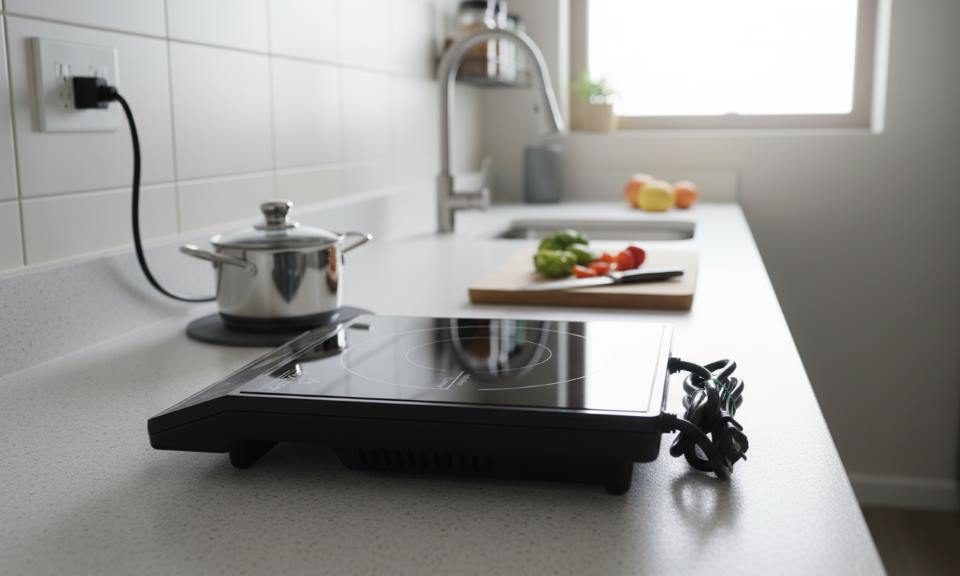
Are new-build homes built to last?
April 21, 2024
Which businesses should use PPC?
April 23, 2024Mobile phones can be life savers. Never be without signal with a Multi Network Sim Card from Lister Communications. However, for some, they can become an addiction.
- Nomophobia: Fear of being without a phone
- Textaphrenia: Fear of not being able to send or receive text messages
- Ringxiety: The feeling that a notification is on your phone, but it’s not.
- Textiety: Feeling anxious when receiving or responding to texts immediately

Some of the symptoms of addiction to phones include:
- Your phone is always in your hand.
- Your phone is the most important thing you use.
- You check your phone in the middle of the night for any notifications.
- When you can’t access your phone, you feel angry, sad, or anxious.
- Texting while driving is something you do or have done.
- Your professional and personal life is affected by the amount of time spent on your mobile phone.
- You will relapse quickly if you limit your mobile phone usage.
Signs from Others
It can be hard to recognise your own addiction to your phone, but if you hear someone else in your life complain about your excessive phone usage, it could be a sign that you have a problem. You may be asked about your phone usage or how you behave when you’re not using it.

What are the effects of phone addiction?
Phone use can negatively impact your health in many ways, according to studies.
- Anxiety
- Obsessive-compulsive disorder (OCD)
- Attention deficit hyperactivity (ADHD)
- Alcohol use disorder
- Cognitive-emotional regulation difficulties
- Impulsivity
- Cognitive impairment
- Social networking addiction
- Shyness
- Low self-esteem
- Muscle stiffness and pain
- Fatigue
- Blurry Vision
- Dry Eyes
- Red or irritated eye
- Auditory illusions: Hearing your phone vibrate or ring when it is not.
- The thumb or wrist can be painful
- You may lose interest in activities that you used to enjoy


